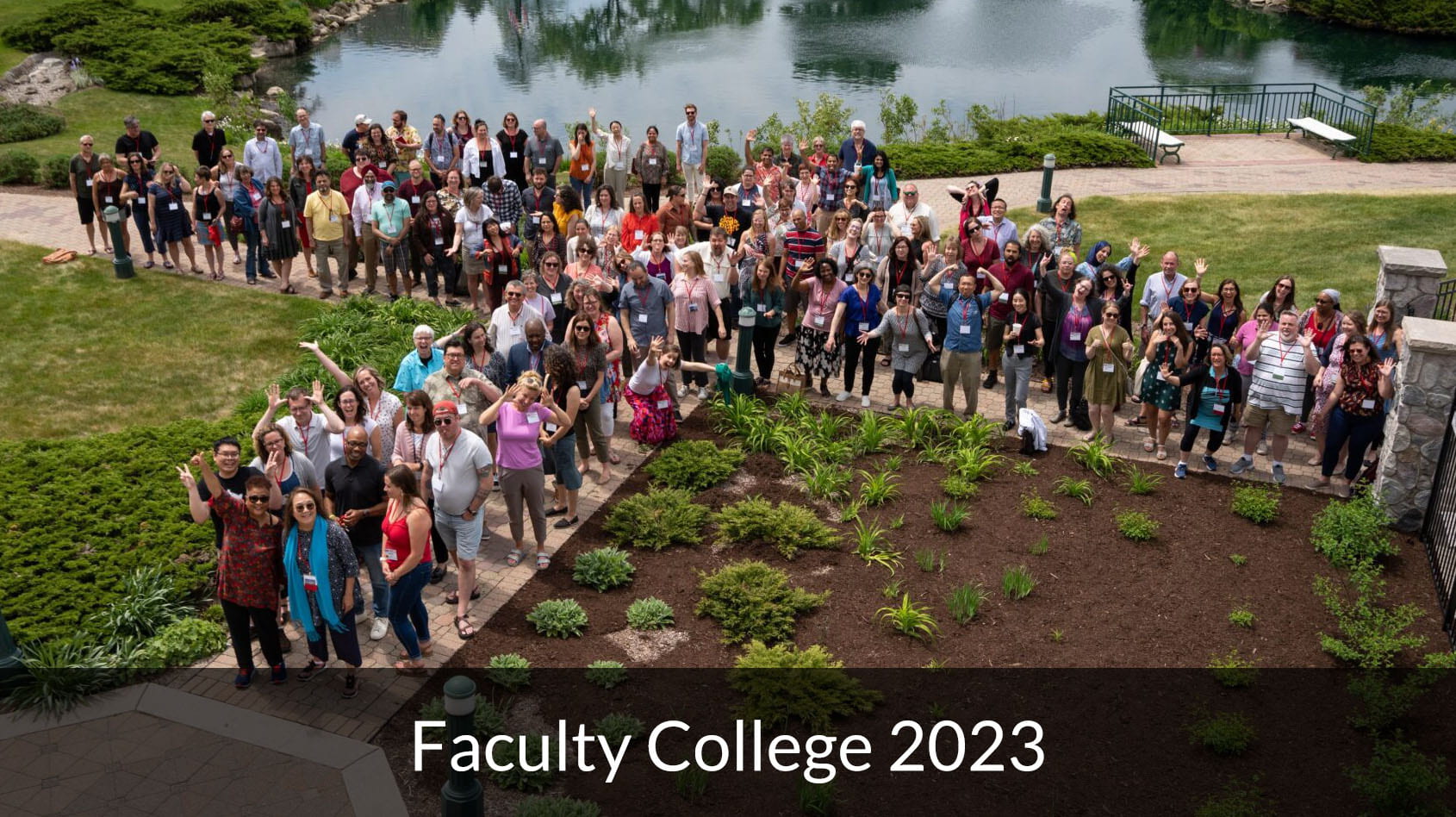The UWGB Provost Office and the Center for the Advancement of Teaching and Learning, on behalf of the UW System’s Office of Professional and Instructional Development (OPID), invite faculty and instructional academic staff to apply for the 2025-2026 cohort of the Wisconsin Teaching Fellows and Scholars (WTFS) Program.
This program is designed to provide time (one year) to systematically reflect with peers in a supportive and open-minded community, and, ultimately, to move from “scholarly teaching” to the “scholarship of teaching.” Administered by OPID and directed by UW faculty, the WTFS Program is grounded in the Scholarship of Teaching and Learning (SoTL).
Universities provide a $4,000 summer stipend (paid before the Fall semester), and cover travel, lodging, meals, and incidentals for their WTFS participants. To learn more about the program and the stipend, read the full call on OPID’s website.
How to Apply
Interested applicants should submit items 1-3 below as separate attachments to one email message. This email should be sent to CATL (CATL@uwgb.edu) with the subject line “WTFS Application.” The reference letter should be submitted directly to the CATL email by your Department Chair or Dean by Monday, Nov. 4, 2024. The full list of required materials is below:
- A letter stating your interest and qualifications for the WFTS Program (two-page maximum);
- A teaching & learning philosophy as it intersects with equity, diversity, and inclusion (three-page maximum);
- An abbreviated curriculum vitae (two-page maximum);
- A reference letter from your Department Chair or Dean (can be directly emailed to CATL@uwgb.edu).
As always, let us know if you have any questions via email: CATL@uwgb.edu


